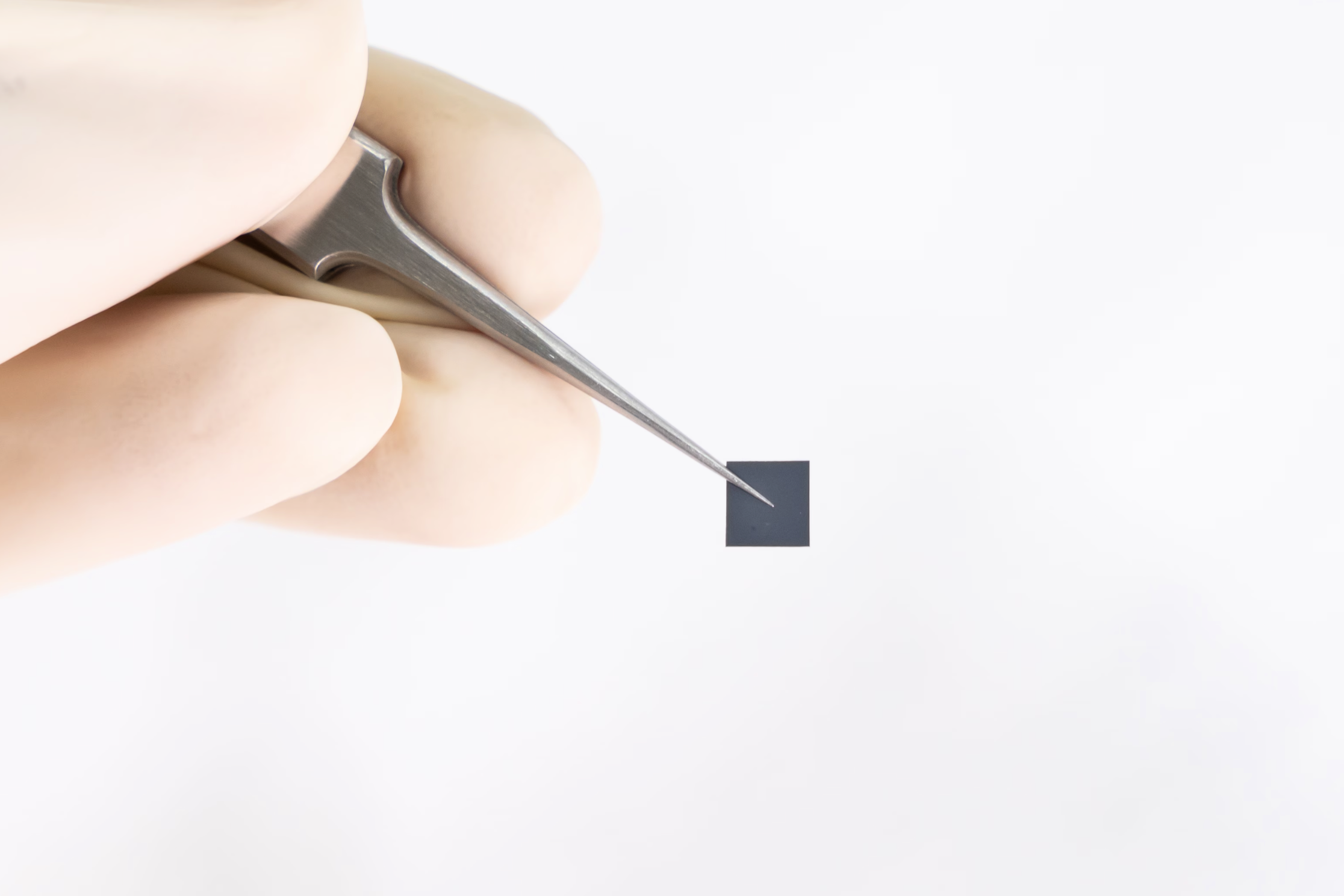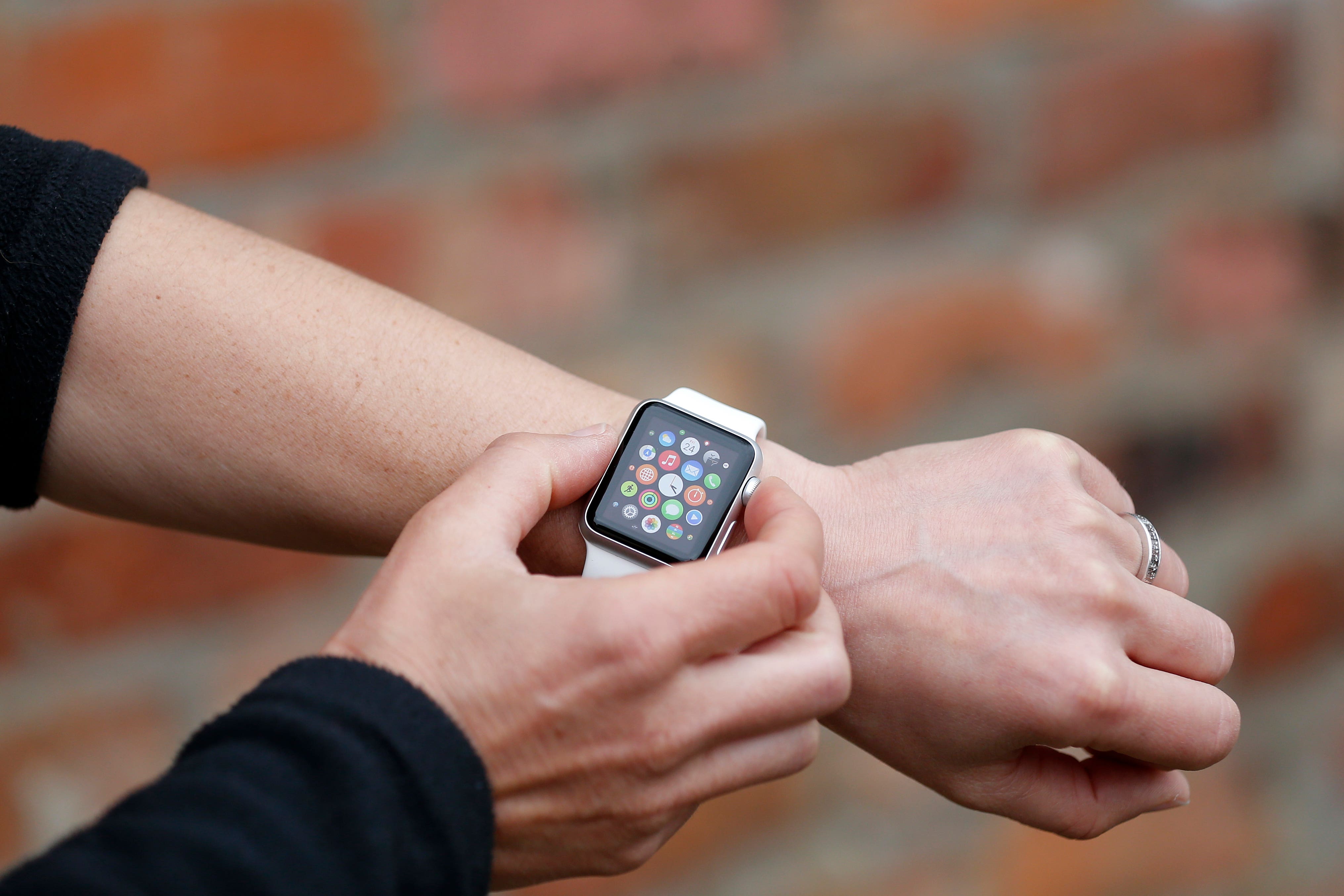Battery breakthrough brings 100-times higher energy density
Apple Watch battery life could improve from days to weeks

A new battery that can deliver 100-times higher energy density than current technologies could herald a new era of devices that rarely need charging, according to researchers.
Japanese electronics giant TDK, which supplies batteries for Apple, unveiled the new battery on Monday, claiming it could replace existing coin cell batteries found in everything from hearing aids and earphones to smartwatches.
The next-generation solid-state battery boasts an energy density of 1,000 watt-hous/ litre (Wh/L), though size limitations means it is not currently possible to scale it up to fit larger devices like smartphones.
Announcing the breakthrough on Monday, TDK said that despite the huge energy density, the new battery is “extremely safe” and suitable for use in wearables and other devices that come in direct contact with human skin.
The 1,000 Wh/L battery has also been built to be in compliance with European Union battery regulations aimed to reduce their environmental impact.
“TDK will strive to develop the battery cells and package structure design and advance toward mass production, targeting the development of its new product, the solid-state battery,” the company said.
“Moreover, TDK aims to enhance the capacity of the batteries through multi-layer lamination technology and expand its operating temperature range by applying the production engineering technology TDK has accumulated in the electronic components business.”

Solid-state batteries offer a number of advantages over lithium-ion batteries, which are found in everything from tablets to Teslas. They can deliver far more energy from a greatly condensed form, meaning they can be used in ultra-thin electronic devices like smart rings.
Placed inside a smartwatch, the new battery could keep a device running multiple times longer than current battery technologies. The Apple Watch currently lasts up to 72 hours in low-power mode before it needs recharging, meaning it could potentially last several weeks with the improved battery life.
Other potential applications beyond wearables could include environmental sensors, according to TDk.
If combined with other emerging technologies, like wearable solar cells, then future devices could eliminate the need for charging cables and ports altogether.
Join our commenting forum
Join thought-provoking conversations, follow other Independent readers and see their replies
Comments
Bookmark popover
Removed from bookmarks